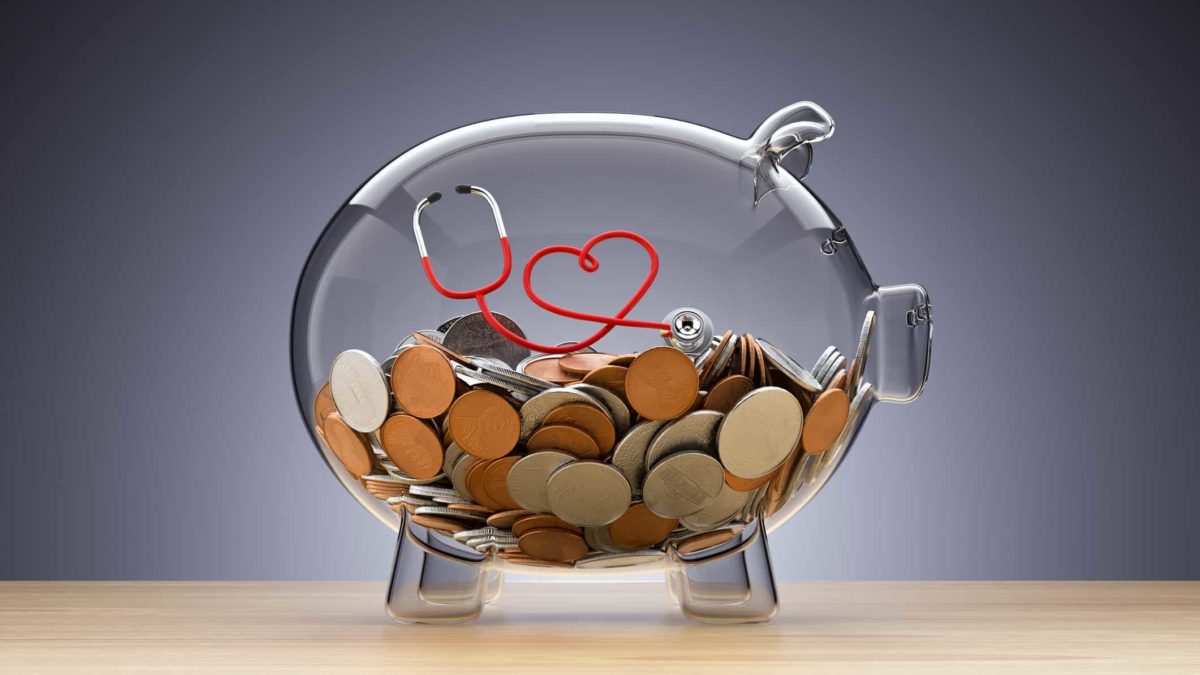As every saver (and mortgage holder) would know, interest rates have never been lower. One of the hallmarks of the government's response to the coronavirus recession last year was unprecedented monetary policy. Interest rates were already at 'record lows' before the pandemic. But as the economy ground to a halt last year, the Reserve Bank of Australia (RBA) found new meaning in that phrase. As it stands today, the official cash rate is sitting at just 0.1%, which is, for all intents and purposes, zero.
According to the RBA though, this new meaning for 'record low' wasn't enough. It also implemented, for the first time in Australia's history, a new quantitative easing (QE) program. This is what some investors call 'printing money'. QE involves the RBA purchasing government bonds. This is intended to boost liquidity in the financial system as well as to keep real interest rates as low as possible.
A happy side effect is that it helps Australians (investors in particular) 'feel richer' by inflating asset prices as a result. Assets like property and yes, the S&P/ASX 200 Index (ASX: XJO) and ASX shares. If we feel richer, we tend to spend more money, which in turn helps economic growth.
Sounds great, right?
Is the RBA's QE free money?
Well, as we all know, there is no such thing as a free lunch.
According to a report in the Australian Financial Review (AFR) today, the RBA is on the watch for some not-so-positive side effects from its recent monetary action. The report claims that "confidential analysis" by the RBA reveals that the central bank is on "high alert" for a "credit-fuelled asset bubble" caused by ultra-low borrowing costs.
The analysis notes that the RBA's view is that high unemployment is currently the largest threat to the economy, and that low rates are currently helping prop up savings and demand, as well as depressing the Australian dollar, thus nullifying this threat.
However, the RBA analysis also warns that, "a permanent 1 percentage point cut in the overnight cash rate would increase real house prices 30 per cent after about three years… If the interest rate reduction was temporary, house prices would rise 10 per cent over three years."
It just so happens that RBA governor Dr Philip Lowe has stated that he "doesn't expect" interest rates will rise from their current levels for "at least" 3 years.
For the meantime, the report states that:
[The RBA views] high unemployment as the biggest risk to the economy, balance sheets and medium-term financial and macro stability, and lower interest rates can help reduce this risk… Unless there is evidence of a sharp jump in credit growth and risky lending – which it does not presently see – the RBA is relatively comfortable with rising house prices.
At the same time, the bank acknowledged that "some risks may increase due to low interest rates".
No free lunch indeed!









